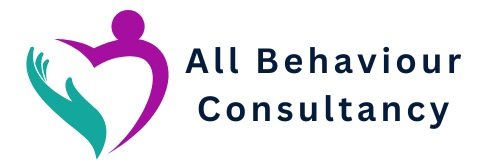Transitioning into School Holidays this Winter
As this term comes to a close and we prepare to break for school holidays many feel relief, but for some this transition may evoke worry, fear, and restlessness due to a change in routine.
Restrictive and Repetitive Behaviour’ is one of the key pillars that makes up the diagnosis of Autism Spectrum Disorder as noted by the Diagnostic and Statistical Manual, 2013 and can play a big role in making transitions for Autistic people. For these individuals, leaving school for two weeks may not have the same excitement attached as for others due to the fact it disrupts the routine they rely on.
Keeping this in mind, the following is a short list of things that you can do to ease the transition into winter holidays for a person who struggles to deal with breaks in routine.Plan Ahead
Make sure that the person is aware the transition is coming ahead of time and that they are reminded regularly. This will help ease anxiety at the time of transition, as they have had time to accept the change. This can be done by marking the last day of term on the calendar and referring to it often with a countdown or simple verbal reminders, whichever is best for the individual.
Fill in the Blanks
Make sure the person knows what they will be doing instead of their school routine during this time. For a person who relies on routine, going into a two week period without it may cause stress. To prevent this, you can mark days that have a clear plan on the calendar and explain using visuals if needed what will happen on those days. For example, ‘25th December is Christmas, on Christmas we will…’ Social stories can also be helpful in explaining how and why the routine will change and can be read regularly leading up to the change to ease anxiety.
Keep a Routine and Schedule
Though transitioning to home from school will be a big change in routine, try to find some routines that can remain consistent. This will not only help the transition into holiday but the transition back to school afterward. Try to pick activities that the individual enjoys and fit in your schedule. For example, eating lunch at the same time, spending time playing outside in the afternoon, scheduled quiet time etc. If it helps the individual, these routines that remain constant can even be displayed on a schedule so they can look forward to them during unstructured times.
Remind of Reinforcement
Finally, there are a lot of very fun things for people to look forward to over their school holidays. Identify the things the individual might be looking forward to and remind them in times that they are struggling with the transition that these are on the horizon. For many children this may be gifts, seeing cousins, eating special food, or holiday films.

